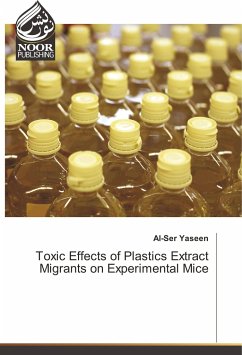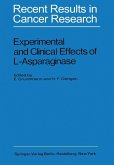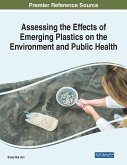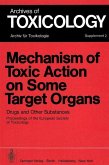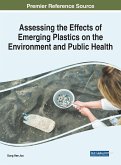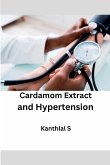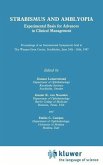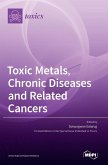The primary objective of this book was to investigate into three types of plastics used extensively in our daily life: PVC blood bags, HDPE Jerry cans and SR nipples, with regard to their migrants extracted in oil and aqueous media, as well as their toxic effects in experimental animals. Plastics are synthetic materials fabricated into vast industrial applications. They have become number one in the packaging of food products and biomedical and pharmaceutical preparations. Although these materials represent an overwhelming solid-waste dilemma, migrating chemicals from plastics is another invisible serious adversity. These migrants originate from the myriad of chemical additives incorporated into polymers to produce plastics with diverse characteristics. Chemical migrants from packaging material find their way into stored foodstuffs or biomedical fluids. They have been proved by many scientists to induce various health adverse effects. This book might add information about the nature of these materials and provide useful recommendations to deal with these materials. The results of this research have been published in international journals (ISI: the United States of America and Japan).
Bitte wählen Sie Ihr Anliegen aus.
Rechnungen
Retourenschein anfordern
Bestellstatus
Storno

